Treating Insomnia With Black Cohosh
Black Cohosh is the name of a dietary supplement that is derived from a natural herb that was originally cultivated in North America. Black Cohosh can be found in Remifemin, a product that treats menopause. Black Cohosh has a long history and was initially used by Native Americans to treat a long list of illnesses and an exhaustive list of complications. Some of which include kidney problems, common colds and associated symptoms, constipation and lactation. Some modern day herbalists recommend it for conditions affecting the lungs, nervous and reproductive systems.
Insomnia
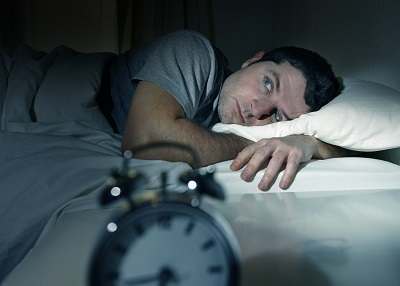 Insomnia refers to the inability to sleep or sleep peacefully for extended periods. Medically, insomnia is defined as disturbances in the brain as detected by an EEG. Since insomnia (especially chronic insomnia) is usually inextricably linked to either some kind of illness or psychiatric disorder. Insomnia can really be debilitating and is capable of negatively affecting almost every area of life.
Insomnia refers to the inability to sleep or sleep peacefully for extended periods. Medically, insomnia is defined as disturbances in the brain as detected by an EEG. Since insomnia (especially chronic insomnia) is usually inextricably linked to either some kind of illness or psychiatric disorder. Insomnia can really be debilitating and is capable of negatively affecting almost every area of life.
Using Black Cohosh to Treat Sleeplessness
Black Cohosh is becoming a widespread alternative to conventional medicine in the treatment menopause and the many symptoms that come along with it, it is now being used for migraine and of course insomnia that is caused by menopause. It is interesting to witness the paradigm shift that is now taking place in the medical fraternity as the Western World appears to be more receptive towards alternative medicine.
Black Cohosh however, is especially effective in treating the symptoms brought about by the cessation of the menstrual cycle. It has been proven to relieve hot flashes, hormonal imbalance, hormonal induced mood swings and anxiety. The interesting thing to note is that while Black cohosh is soothing and does have an impact on the mind; so far however, it has only been shown to improve or relieve insomnia that is associated with menopause. In other words this will only improve your symptoms if it has been determined that menopause is the main factor responsible for you sleeplessness.
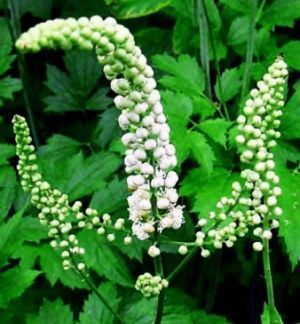 Nevertheless, this is good news for women globally since menopause can in some cases have a debilitating effect on women the world over. Menopause by itself is already terrible and menopause coupled with insomnia is beyond devastating, but luckily Black Cohosh provides effective and non habit forming relief and that is something to cheer about. So get rid of your menopausal today and sleep like you have never done in ages. Got it?
Nevertheless, this is good news for women globally since menopause can in some cases have a debilitating effect on women the world over. Menopause by itself is already terrible and menopause coupled with insomnia is beyond devastating, but luckily Black Cohosh provides effective and non habit forming relief and that is something to cheer about. So get rid of your menopausal today and sleep like you have never done in ages. Got it?
Warning:
While herbal supplements have been known to effectively treat sleeplessness that is triggered by menopause. It is best to speak with your physician before attempting to use this product in order to eliminate the possibility of having it interact with other drugs. Taking Black Cohosh in high doses may result in cramps, lose bowels, migraine, muscle aches, indigestion, stomach upset, an increase in body weight and fluctuations in the heart rate and women who have been diagnosed with breast cancer are advised not to take it. However if given the green light Black Cohosh is likely to rid you of that habit forming and destructive insomnia and that by all means is a major plus.

 Subscribe Now
Subscribe Now
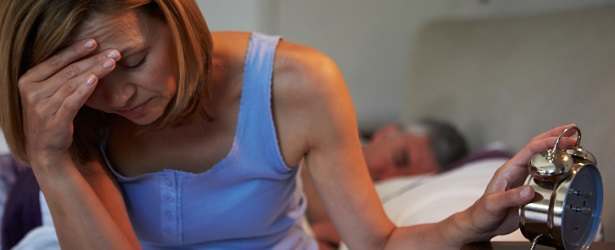
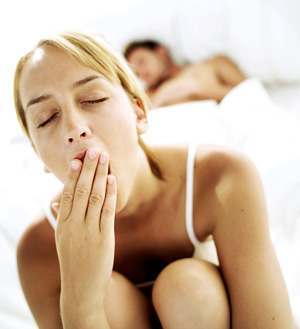 There are several
There are several  Menopause Insomnia on the other hand is caused by hormonal changes in the woman’s body. Doctors can give you a prescription to help ease these hormonal imbalances. As women grow older their estrogen levels decrease. This in turn means a lower level of serotonin which is a hormone produced by the brain to regulate sleep. Lower production of serotonin means a less comfortable sleep. There are natural ways to help decrease the effects of menopause insomnia. One of these tried and true methods is by shifting to a healthy lifestyle. For example, by conducting a half hour exercise in the afternoon your muscle will feel more relaxed once evening comes. A simple change in your diet can also help. Avoiding caffeinated drinks, chocolates, cigarettes and sugar based meals at least 4 hours before sleep will help ready your body for a good night’s rest. Additional changes to your bedtime habit can also help push away insomnia. Try drinking a warm glass of milk or
Menopause Insomnia on the other hand is caused by hormonal changes in the woman’s body. Doctors can give you a prescription to help ease these hormonal imbalances. As women grow older their estrogen levels decrease. This in turn means a lower level of serotonin which is a hormone produced by the brain to regulate sleep. Lower production of serotonin means a less comfortable sleep. There are natural ways to help decrease the effects of menopause insomnia. One of these tried and true methods is by shifting to a healthy lifestyle. For example, by conducting a half hour exercise in the afternoon your muscle will feel more relaxed once evening comes. A simple change in your diet can also help. Avoiding caffeinated drinks, chocolates, cigarettes and sugar based meals at least 4 hours before sleep will help ready your body for a good night’s rest. Additional changes to your bedtime habit can also help push away insomnia. Try drinking a warm glass of milk or 
 One of the most popular practices done by those who perform Feng Shui in their abode is to ensure that your bed is not positioned directly at the door with your head or feet pointing outside your room. This is a big no-no in Feng Shui as it is believed that this might drain your energy while asleep.
One of the most popular practices done by those who perform Feng Shui in their abode is to ensure that your bed is not positioned directly at the door with your head or feet pointing outside your room. This is a big no-no in Feng Shui as it is believed that this might drain your energy while asleep.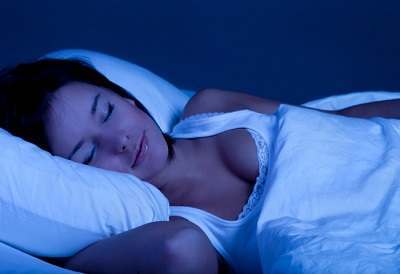 You basically have nothing to lose by trying out this simple Feng Shui tips. However, if you go in already thinking negatively about this practice then it is most likely that it will not work. It is vital to have a positive mindset to relieve stress. Maybe that is the key ingredient in Feng Shui, by organizing objects and furniture within your home you will inadvertently help calm your nerves and help you relax.
You basically have nothing to lose by trying out this simple Feng Shui tips. However, if you go in already thinking negatively about this practice then it is most likely that it will not work. It is vital to have a positive mindset to relieve stress. Maybe that is the key ingredient in Feng Shui, by organizing objects and furniture within your home you will inadvertently help calm your nerves and help you relax.
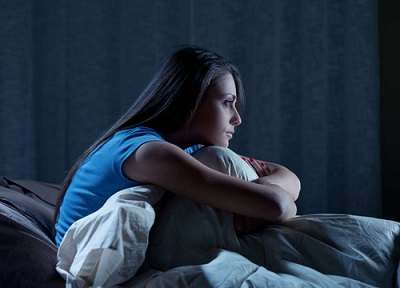 Sleep Onset Insomnia – This is caused by a person’s inability to sleep. Reasons for this type of insomnia could be physical or mental. Sometimes the mind has difficulty trying to relax due to stress, this unable the person to sleep as their thoughts will be plagued by distress. Another reason revolves around the body’s internal clock which is disrupted with its day and night cycle. This is most commonly found in adolescents to young adults as their hormones start to change.
Sleep Onset Insomnia – This is caused by a person’s inability to sleep. Reasons for this type of insomnia could be physical or mental. Sometimes the mind has difficulty trying to relax due to stress, this unable the person to sleep as their thoughts will be plagued by distress. Another reason revolves around the body’s internal clock which is disrupted with its day and night cycle. This is most commonly found in adolescents to young adults as their hormones start to change.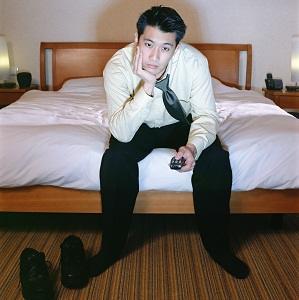
 time habits and relaxation techniques and using drugs only when absolutely necessary.
time habits and relaxation techniques and using drugs only when absolutely necessary.

 While Melatonin is considered relatively safe, there are still some health precautions that should be kept in mind before trying out any melatonin supplement products.
While Melatonin is considered relatively safe, there are still some health precautions that should be kept in mind before trying out any melatonin supplement products.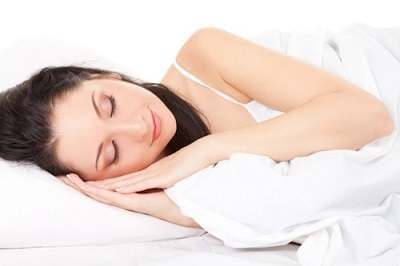 In terms of its actual effectiveness in combating insomnia, melatonin currently has a couple of tests and researches that helps back up its claims. These tests that were conducted in 2005, while small in scale and not as conclusive, showed that individuals who took melatonin were able to sleep 4 minutes faster than normal and have increased their sleep quality and duration by 3%. At the moment, melatonin supplements will have a bigger impact for the elderly. Melatonin productivity decreases as a person ages and is the cause for many sleep disorders in the elderly. By giving them the right amount of melatonin supplements daily, researcher believes that those suffering from sleep disorders due to old age will be able to sleep better at night.
In terms of its actual effectiveness in combating insomnia, melatonin currently has a couple of tests and researches that helps back up its claims. These tests that were conducted in 2005, while small in scale and not as conclusive, showed that individuals who took melatonin were able to sleep 4 minutes faster than normal and have increased their sleep quality and duration by 3%. At the moment, melatonin supplements will have a bigger impact for the elderly. Melatonin productivity decreases as a person ages and is the cause for many sleep disorders in the elderly. By giving them the right amount of melatonin supplements daily, researcher believes that those suffering from sleep disorders due to old age will be able to sleep better at night.